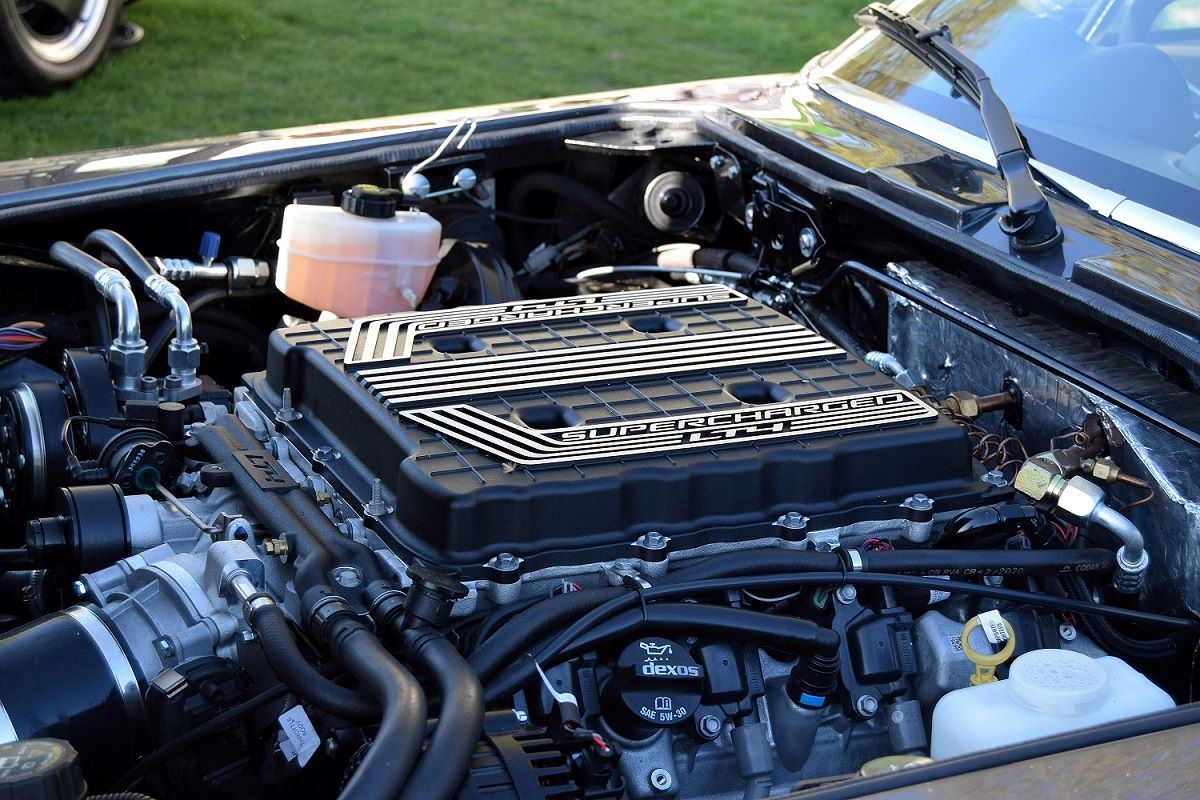
A car warranty is a complex entity. When taking out a car warranty in the UK, it could help you with the cost of fixing your car, but how exactly do they work? What do they cover, and do you really need one?
Unlike insurance, a car warranty in the UK is not a legal requirement. However, ultimately, one could help cover the costs of repairing or replacing broken parts.
Car warranties are hugely complex, though, due to the vast number of conditions and exclusions on car warranties in the UK, you could end up paying for cover that doesn’t pay out when you need it to.
What is a car warranty?
A car warranty is essentially a promise from the manufacturer or a warranty provider to repair or replace certain parts of your vehicle should they fail due to manufacturing defects or wear and tear within a specified period. It serves as a safeguard, ensuring that vehicle owners are not out of pocket for specific repairs or replacements during the warranty period. These warranties can greatly vary in their coverage, duration and terms, making it crucial for vehicle owners to understand the specifics of their warranty to ensure they are adequately protected.
What are the car warranty rules?
In the UK car warranty rules are determined by the specifics of the warranty provided by either the manufacturer or a third-party warranty provider. Typically, these warranties cover repairs or replacements due to manufacturing defects or mechanical failures within a certain time frame or mileage limit, whichever comes first.
Key points to understand about car warranty rules include:
- Duration and mileage: Most new car warranties last for a specific number of years or a set amount of miles driven, with common durations being 3 years/60,000 miles. Extended warranties can vary greatly.
- Coverage: Warranties usually cover major mechanical components like the engine, gearbox and electrical systems. Wear and tear items such as tyres, brake pads and clutches are often excluded.
- Servicing requirements: Adhering to the manufacturer’s servicing schedule is typically a condition of the warranty. Services must often be carried out by authorised dealers or qualified garages using approved parts.
- Transferability: Many warranties can be transferred to new owners if the car is sold, but the process for this should be checked as it can affect the warranty’s validity.
- Exclusions: Warranties come with exclusions for damage due to improper use, accidents, modifications or lack of maintenance. It’s vital to understand these to avoid voiding your warranty.
Understanding the specific terms and conditions of your car’s warranty is crucial, as these can significantly impact the protection you have and any obligations you need to fulfil to maintain warranty coverage.

What is an extended car warranty?
An extended car warranty often referred to in the UK as an aftermarket car warranty, is a supplementary cover that extends the duration or scope of the original manufacturer’s warranty. It comes into effect typically after the manufacturer’s warranty expires and can be purchased from either the manufacturer, a dealership or an independent warranty provider.
This type of warranty is designed to provide peace of mind by covering the cost of repairs for certain mechanical and electrical faults that may occur outside the standard warranty period. The specifics of the coverage, such as which parts and labour costs are included, can vary widely between providers and policies.
Extended warranties often come with various terms and conditions, including service requirements, mileage limits and exclusions for wear and tear or damage caused by neglect or improper use. It’s essential for car owners to carefully review these details to ensure the extended warranty offers the desired level of protection and to understand their obligations under the policy.
Is an extended car warranty in the UK worth it?
As an extended car warranty is not a legal requirement in the UK, you might find yourself pondering over whether you can even be bothered to take one out. Maybe you have spoken to others around you, and they are sitting on the fence too.
Similar to numerous insurance policies, an extended car warranty in the UK is an investment made in the hope it remains unused. For a considerable number of owners, the cost is justified by the reassurance it provides; despite a vehicle’s make being celebrated for its dependability, the possibility of a malfunction always exists. Should any issues arise, the value retrieved from a single claim could surpass the total cost of the premium.
How does car warranty work in the UK?
In the UK, a car warranty functions as a commitment from the manufacturer or possibly a third-party provider to repair or replace certain components of the vehicle that may fail due to manufacturing defects or inherent issues within a specified timeframe. The workings of a car warranty encompass several key aspects:
- Coverage period: The warranty is typically valid for a set number of years or miles – whichever comes first. New cars usually come with a 3-year manufacturer’s warranty, although some manufacturers offer longer periods.
- Coverage scope: The warranty covers the cost of repairs or replacements needed due to mechanical or electrical failures not caused by wear and tear, accidents or owner negligence. It’s important to note that ‘wear and tear’ items such as tyres, brake pads and wiper blades are usually excluded.
- Warranty claims: If a covered component fails, the vehicle owner can make a claim under the warranty. This often involves taking the car to an authorised dealer or service centre where the repair will be assessed and, if covered, fixed without charge to the owner.
- Servicing requirements: To keep the warranty valid, owners are generally required to maintain their vehicle according to the manufacturer’s recommended service schedule. This servicing must often be carried out at authorised service centres, especially for manufacturer warranties.
- Transferability: Many car warranties are transferable to subsequent owners within the warranty period, which can be a selling point for vehicles.
- Exclusions and limitations: Warranties come with exclusions. Damage due to misuse, lack of maintenance or modifications, as well as ‘wear and tear’ items are typically not covered. Additionally, there may be caps on the amount the warranty provider will pay for repairs.
Understanding the specific terms and conditions of your car warranty is crucial for ensuring that you remain compliant with its requirements and fully benefit from the protection it offers.
Now that you are fully clued up, if you are looking for a car warranty in the UK, we would advise heading over to Best4 Warranty as their car warranty policies are the most comprehensive on the market in the UK.





Be the first to comment